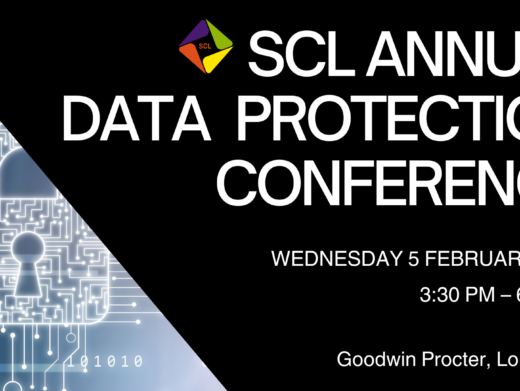Earlier this month, the news broke that access could be gainedto a development version of the Statute Law Database. You can apply for access(see below) and I would certainly encourage you to do so. It is probablyinappropriate to review publicly what remains work in progress, but it is timeto focus on the future use of what might be a stunning resource.
Understanding the law is difficult. Applying it correctly to the complicatedcircumstances thrown up by every waking moment of everyday life is well nighimpossible and even the best lawyer will get it wrong sometimes.
Understanding statutes should be the easy part. In fact the complex manner ofamendment and implementation of statutes makes even this a difficult area tomaster. Many of us have had to work from texts with extensive deletions andadditions, making the act of following the applicable text fraught with dangerand that is before one comes to the task of actually understanding the wordsthemselves. Even where you rely on a commercially produced compilation whichshows the relevant Act inclusive of all amendments at a given date, you stillhave to be aware of subsequent amendments and commencement orders. Of course,experience teaches you the tricks – where to look for annotations and what theapparent gobbledygook means, what published text to rely on, maintaining yourown version of legislation on disk and, best of all, getting someone else tosort it out for you. But these tricks (except the last one) are not readilydiscernible by the application of logical rules. To my right hand as I writethis is a copy of the Crime (Sentences) Act 1997 and the lawyers among ourreaders will not be surprised to discover that it includes amendments to theNaval Discipline Act 1957 and the Mental Health Act 1983, but one can hardlyexpect the concerned citizen who is seeking to establish the law in relation tonaval discipline to include the Crime (Sentences) Act 1997 among his purchasesfrom the Stationery Office. There are many worse examples; Scottish Acts amendedby English Acts, statutes amended by apparently unrelated statutory instruments,instructions for amendment so complicated that the mind glazes over – a list ofillogical, convoluted and incomprehensible amendments would fill a book letalone this magazine.
Lawyers both suffer from and benefit from this complexity, and some may notbe sure whether they wish to see it removed. On the one hand, even with theirskills and resources, they have to devote many hours to establishing what thelaw is in a given area and, despite their best efforts, they will occasionallyget it wrong. On the other hand, the labyrinthine complexity deters clients fromattempting to deal with their own problems and adds to profits while the legalpublishers thrive on the skills they have brought to producing up-to-date andreliable texts, and I for one have been able to pay my mortgage as a result. Thegeneral public has no such balance to consider. If they attempt to fulfil thefamous presumption and know the law, they are likely to be defeated by it; ifthey pass on the task to the lawyers, they have to pay for the work involved inestablishing a comprehensible version; if they have no truck with the law at allthen their taxes pay for the time spent by legal aid lawyers in establishing theposition and the cost of court adjournments and appeals which arise purely fromsome uncertainty about a statute.
We have all grown used to this situation. Occasional calls for consolidationsand the much valued work of the Law Commission in providing consolidations andoffering codification have not altered the fundamentally unsatisfactoryposition. Now the existence of the Statute Law Database provides an opportunityto put an end to this long-running scandal. By making it freely available, therewill be an effective consolidation of every Act and every citizen will be ableto establish what the law says; we have become so used to the old way that thisseems like an impossible dream but in truth it is no more than people have aright to expect. And here is the icing, this great step forward and realimprovement in personal liberties and quality of life can be achieved at nilcost; the Statute Law Database is being established for the use of those withingovernment service and any additional costs that are involved in making it morewidely available will be recovered in savings made in the reduction of courtcosts – there should in fact be a net financial benefit because of savings inthe legal aid budget.
I have sympathy with the argument that it is wrong for the taxpayer to makelawyers lives easier, that they should pay for the tools of their trade just asthe plumber pays for his. I am sure too that many legal publishers would exploitaccess to the Statute Law Database to reduce their costs, without passing on thebenefit to their customers. But these arguments are but pennyweights when setagainst the advantages that can and will flow from free access to the StatuteLaw Database.
If the arguments for free and wide access have a whiff of idealism about themthen that is only because the Statute Law Database challenges all the formerassumptions and, for once, the ideal is attainable. I find it hard tocontemplate any structure for access which denies the citizen the right to seewhat his or her money has made possible. By all means make the Statute LawDatabase bigger, better, increase its hyperlinking and improve its display, butabove all make it available.




